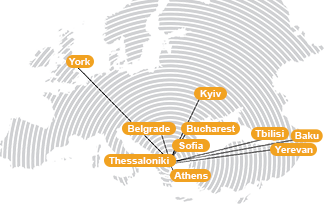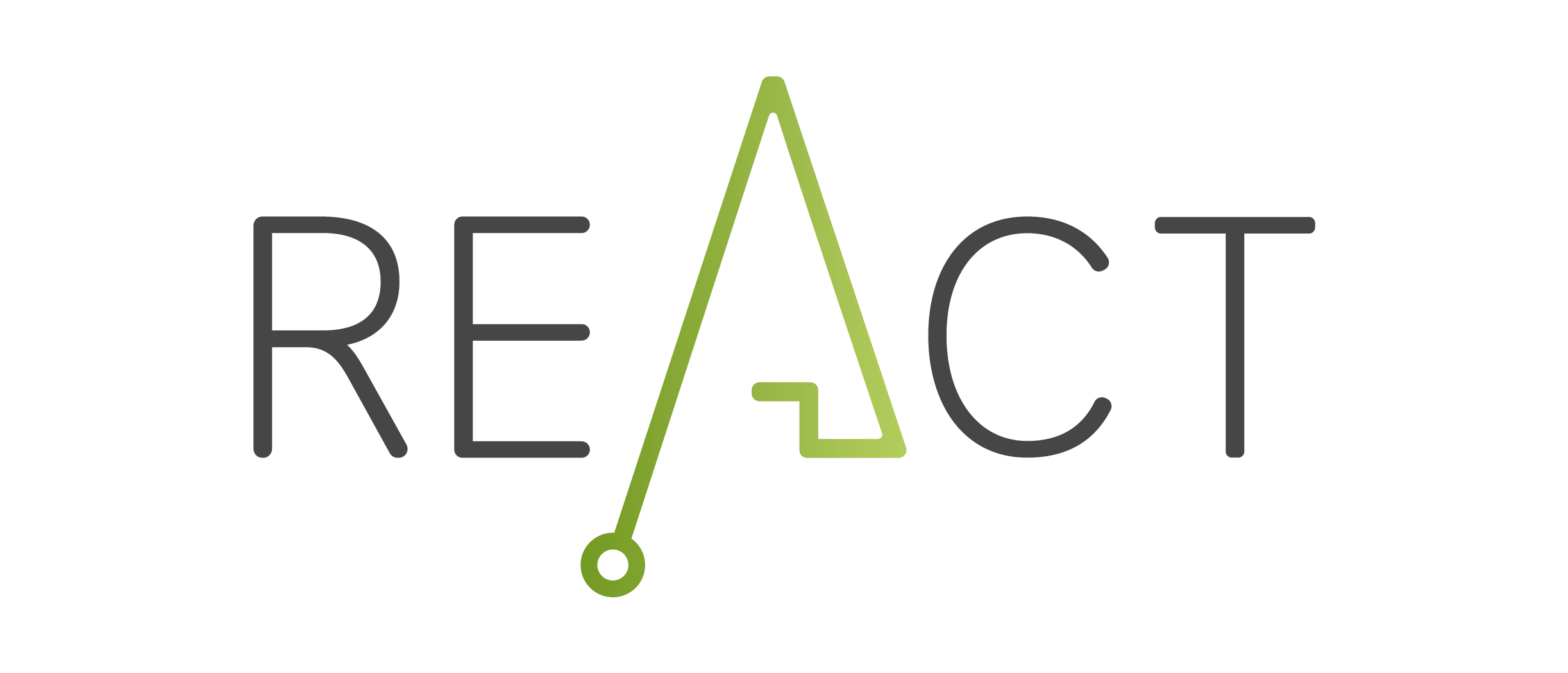REACT - A digital approach to qualifying technicians in Energy Efficiency in Buildings’ project aims at bringing an innovative digital and work-based learning approach to the energy efficiency technical training. The purpose of the project is to contribute for the 2030 climate and energy targets, through the equipment of EU citizens with a quality harmonized qualification on energy efficiency in buildings, developed to be recognised through all European Union. For this, the European Energy Efficiency in Buildings Technician (EEEBT) qualification will be developed. The project comprises a single of interlocked and independent steps which will culminate on the project results:
- EEEBT curriculum constituted by the professional profile and competence matrix adopting European tools (EQF and ECVET, using Learning Outcomes oriented vocational curriculum for EQF level 4 and being in line with quality assurance mechanisms (EQAVET). On the curriculum, a detailed description of the training structure will also be present, with theoretical contact hours to be taught face-to-face and online (eLearning) and practical contact hours, which will represent the majority of the workload, to be implemented on working contexts (WBL).
- REACT innovative digital training materials, developed through an interactive approach, designed in different formats (videos, interactive presentations, downloadable info sheets, clipart’s, web tools, and others);
- REACT real work life Virtual Simulator, to be played throughout the training course as formative assessment, ensuring learners engagement and providing reports on achieved LOs.
- REACT formative assessment framework, which will deliver not only a set of single-choice questions but also innovative practical assessment tools such as project assignments to be developed on working context and web quest, which will also help to enhance learner’s digital skills;
- REACT RPL scheme and tools which will allow workers who have already achieved the LOs, through informal and/or non-formal learning, but do not have a certification or diploma to prove it, to see their knowledge and competencies recognised. Workers who go through the RPL process will then have the opportunity to take only the CU they have not proven to be knowledgeable and skilled, in order to receive the qualification diploma.
- REACT guideline for further exploitation that will provide detailed instructions on how to set an eLearning training course on eLearning platforms, complete with helpful tips on how to administer online training.
One of the major innovations on REACT project is the delivery of ready to use materials, ready to be set on any VET provider' eLearning platform. All the digital training materials, Virtual Simulator and formative assessment framework will be delivered on ready to use formats, which will work on any Moodle platform. The guideline will ensure the easy adoption of project results.






